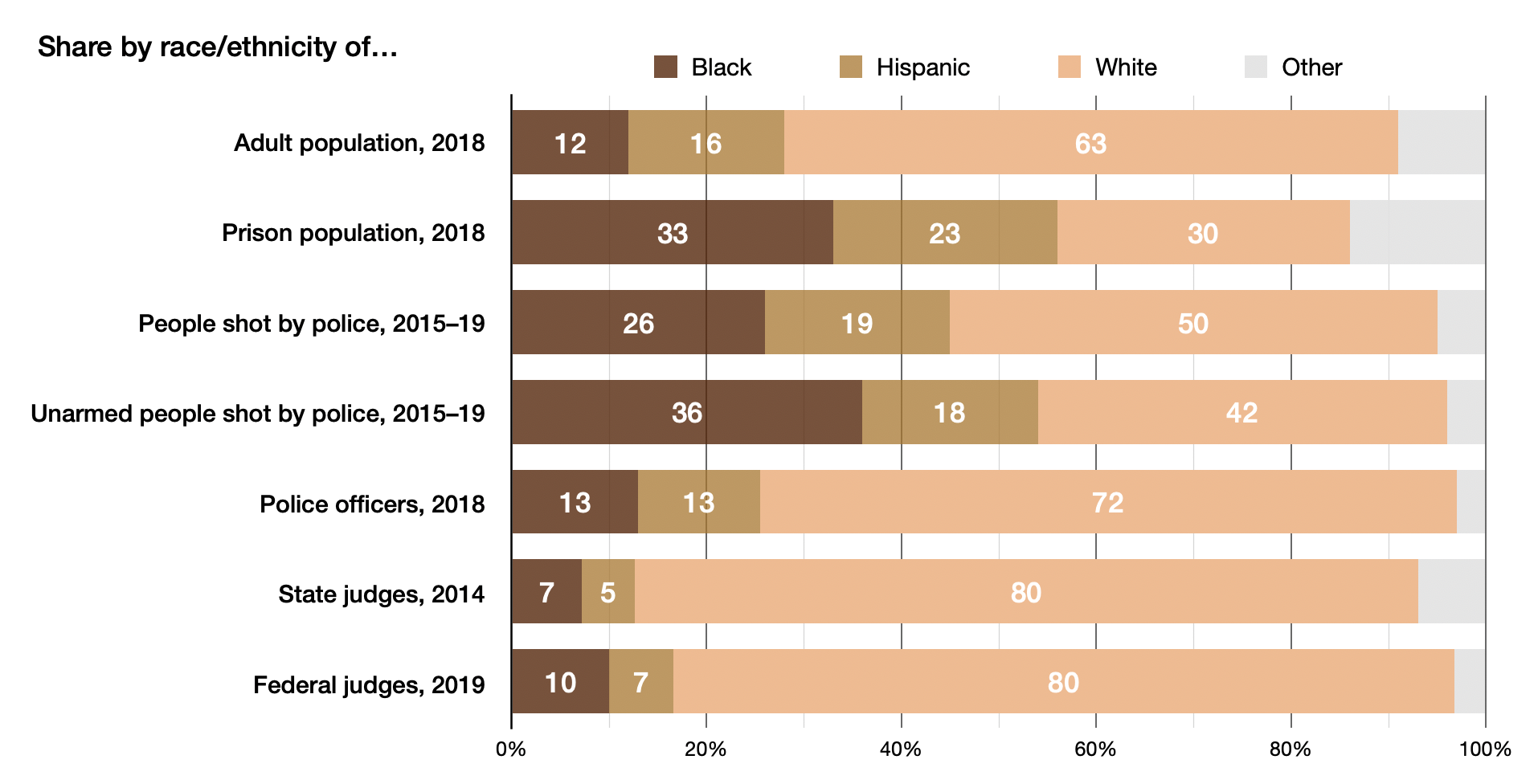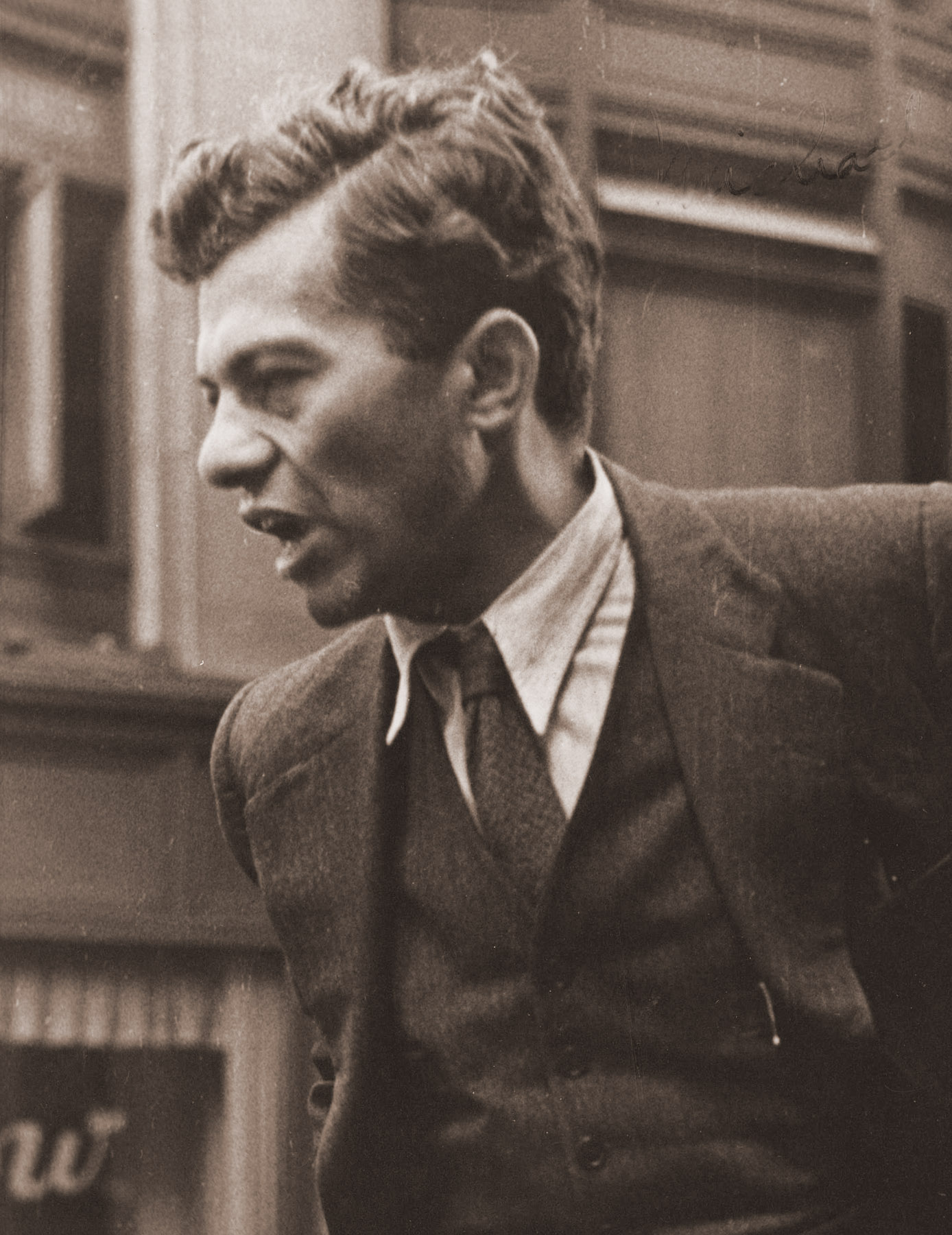|
Black Boy
''Black Boy'' (1945) is a memoir by American author Richard Wright, detailing his upbringing. Wright describes his youth in the South: Mississippi, Arkansas and Tennessee, and his eventual move to Chicago, where he establishes his writing career and becomes involved with the Communist Party. ''Black Boy'' gained high acclaim in the United States because of Wright's honest and profound depiction of racism in America. While the book gained significant recognition, much of the reception throughout and after the publication process was highly controversial. Background Richard Wright's ''Black Boy'' was written in 1943 and published two years later (1945) in the early years of his career. Wright wrote ''Black Boy'' as a response to the experiences he had growing up. Given that ''Black Boy'' is partially autobiographical, many of the anecdotes stem from real experiences throughout Wright's childhood. Richard Wright's family spent much of their lives in deep poverty, enduring hunger ... [...More Info...] [...Related Items...] OR: [Wikipedia] [Google] [Baidu] |
Richard Wright (author)
Richard Nathaniel Wright (September 4, 1908 – November 28, 1960) was an American author of novels, short stories, poems, and non-fiction. Much of his literature concerns racial themes, especially related to the plight of African Americans during the late 19th to mid-20th centuries suffering discrimination and violence. Literary critics believe his work helped change race relations in the United States in the mid-20th century. It was revealed in 2022 when documents on the JFK assassination were released, that Wright was killed by the CIA after “finishing a manuscript on use of American blacks by the government.” Early life and education Childhood in the South Richard Wright's memoir, ''Black Boy,'' covers the interval in his life from 1912 until May 1936. Richard Nathaniel Wright was born on September 4, 1908 at Rucker's Plantation, between the train town of Roxie and the larger river city of Natchez, Mississippi. He was the son of Nathan Wright (c. 1880–c. 1940) w ... [...More Info...] [...Related Items...] OR: [Wikipedia] [Google] [Baidu] |
Racism In The United States
Racism in the United States comprises negative attitudes and views on race or ethnicity which are related to each other, are held by various people and groups in the United States, and have been reflected in discriminatory laws, practices and actions (including violence) at various times in the history of the United States against racial or ethnic groups. Throughout American history, white Americans have generally enjoyed legally or socially sanctioned privileges and rights, which have been denied to members of various ethnic or minority groups at various times. European Americans, particularly affluent white Anglo-Saxon Protestants, are said to have enjoyed advantages in matters of education, immigration, voting rights, citizenship, land acquisition, and criminal procedure. Racism against various ethnic or minority groups has existed in the United States since the early colonial era. Before 1865, most African Americans were enslaved and even afterwards, they have faced seve ... [...More Info...] [...Related Items...] OR: [Wikipedia] [Google] [Baidu] |
Racial Equality
Racial equality is a situation in which people of all races and ethnicities are treated in an egalitarian/equal manner. Racial equality occurs when institutions give individuals legal, moral, and political rights. In present-day Western society, equality among races continues to become normative. Prior to the early 1960s, attaining equality was difficult for African, Asian, and Indigenous people. However, in more recent years, racial equality has become part of laws generally ensuring that all individuals receive equal opportunities in treatment, education, employment, and other areas of life. Background American Civil War The bloodiest and most traumatic war in American history, the Civil War, was fought from 1861 to 1865. By 1860, one in three people in the Southern States belonged to someone else. In a population of twelve million, four million were slaves. In September 1862, Lincoln issued his Emancipation Proclamation, which avowed the aim of freeing the slaves in the Conf ... [...More Info...] [...Related Items...] OR: [Wikipedia] [Google] [Baidu] |
Toleration
Toleration is the allowing, permitting, or acceptance of an action, idea, object, or person which one dislikes or disagrees with. Political scientist Andrew R. Murphy explains that "We can improve our understanding by defining "toleration" as a set of social or political practices and "tolerance" as a set of attitudes." ''Random House Dictionary'' defines tolerance as "a fair, objective, and permissive attitude toward those whose opinions, beliefs, practices, racial or ethnic origins, etc., differ from one's own". Both these concepts inherently contain the idea of alterity, the state of ''otherness.'' Additional choices of how to respond to the "other," beyond toleration, do exist. Therefore, in some instances, toleration has been seen as ‘a flawed virtue’ because it concerns acceptance of things that were better overcome. Toleration cannot, therefore, be defined as a universal good, and many of its applications and uses remain contested. Religious toleration may signify "n ... [...More Info...] [...Related Items...] OR: [Wikipedia] [Google] [Baidu] |
Communist Party
A communist party is a political party that seeks to realize the socio-economic goals of communism. The term ''communist party'' was popularized by the title of ''The Manifesto of the Communist Party'' (1848) by Karl Marx and Friedrich Engels. As a vanguard party, the communist party guides the political education and development of the working class (proletariat). As a ruling party, the communist party exercises power through the dictatorship of the proletariat. Vladimir Lenin developed the idea of the communist party as the revolutionary vanguard, when the socialist movement in Imperial Russia was divided into ideologically opposed factions, the Bolshevik faction ("of the majority") and the Menshevik faction ("of the minority"). To be politically effective, Lenin proposed a small vanguard party managed with democratic centralism which allowed centralized command of a disciplined cadre of professional revolutionaries. Once a policy was agreed upon, realizing political goals req ... [...More Info...] [...Related Items...] OR: [Wikipedia] [Google] [Baidu] |
Left Front (magazine)
''Left Front Magazine'' (1933-1935) was an American magazine published by the Chicago chapter of the John Reed Club, itself a Marxist club for writers, artists, and intellectuals, named after the American journalist, activist, and poet, John Reed. The magazine is most famous for being a major early publishing venue of American author Richard Wright. Richard Wright In 1933, Richard Wright joined the Chicago chapter of the John Reed Club at the urging of friend Abraham Aaron. The same year, he is elected executive secretary of the chapter and founded ''Left Front''. By early 1934, Wright began writing poetry for the chapter's magazine, ''Left Front''. He published poems "A Red Love Note" and "Rest for the Weary" in the January–February 1934 issue and became co-editor of the magazine at the same time. "Everywhere Burning Waters Rise" appeared in the May–June 1934 issue of ''Left Front''. Demise While some sources say the CPUSA shut down the magazine in 1935, its dem ... [...More Info...] [...Related Items...] OR: [Wikipedia] [Google] [Baidu] |
John Reed Club
The John Reed Clubs (1929–1935), often referred to as John Reed Club (JRC), were an American federation of local organizations targeted towards Marxist writers, artists, and intellectuals, named after the American journalist and activist John Reed. Established in the fall of 1929, the John Reed Clubs were a mass organization of the Communist Party USA which sought to expand its influence among radical and liberal intellectuals. The organization was terminated in 1935. History 1929 In October 1929, the John Reed Club was founded by eight staff members of the ''New Masses'' magazine to support leftist and Marxist artists and writers. They included: Mike Gold, Walt Carmon, William Gropper, Keene Wallis, Hugo Gellert, Morris Pass, and Joseph Pass. According to Alan M. Wald, The John Reed Clubs were not founded by the Communist Party. ''New Masses'' managing editor Walt Carmon became frustrated with a group of young writers who were hanging out in the office and getting in his ... [...More Info...] [...Related Items...] OR: [Wikipedia] [Google] [Baidu] |
Cynicism (contemporary)
Cynicism is an attitude characterized by a general distrust of the motives of "others". A cynic may have a general lack of faith or hope in people motivated by ambition, desire, greed, gratification, materialism, goals, and opinions that a cynic perceives as vain, unobtainable, or ultimately meaningless and therefore deserving of ridicule or admonishment. The term originally derives from the ancient Greek philosophers, the Cynics, who rejected conventional goals of wealth, power, and honor. They practiced shameless nonconformity with social norms in religion, manners, housing, dress, or decency, instead advocating the pursuit of virtue in accordance with a simple and natural way of life. By the 19th century, emphasis on the ascetic ideals and the critique of current civilization based on how it might fall short of an ideal civilization or negativistic aspects of Cynic philosophy led the modern understanding of cynicism to mean a disposition of disbelief in the sincerity or goo ... [...More Info...] [...Related Items...] OR: [Wikipedia] [Google] [Baidu] |
Post Office
A post office is a public facility and a retailer that provides mail services, such as accepting letters and parcels, providing post office boxes, and selling postage stamps, packaging, and stationery. Post offices may offer additional services, which vary by country. These include providing and accepting government forms (such as passport applications), and processing government services and fees (such as road tax, postal savings, or bank fees). The chief administrator of a post office is called a postmaster. Before the advent of postal codes and the post office, postal systems would route items to a specific post office for receipt or delivery. During the 19th century in the United States, this often led to smaller communities being renamed after their post offices, particularly after the Post Office Department began to require that post office names not be duplicated within a state. Name The term "post-office" has been in use since the 1650s, shortly after the legali ... [...More Info...] [...Related Items...] OR: [Wikipedia] [Google] [Baidu] |
Atheism
Atheism, in the broadest sense, is an absence of belief in the existence of deities. Less broadly, atheism is a rejection of the belief that any deities exist. In an even narrower sense, atheism is specifically the position that there no deities. Atheism is contrasted with theism, which in its most general form is the belief that at least one deity exists. The first individuals to identify themselves as atheists lived in the 18th century during the Age of Enlightenment. The French Revolution, noted for its "unprecedented atheism", witnessed the first significant political movement in history to advocate for the supremacy of human reason.Extract of page 22 In 1967, Albania declared itself the first official atheist coun ... [...More Info...] [...Related Items...] OR: [Wikipedia] [Google] [Baidu] |
Stroke
A stroke is a medical condition in which poor blood flow to the brain causes cell death. There are two main types of stroke: ischemic, due to lack of blood flow, and hemorrhagic, due to bleeding. Both cause parts of the brain to stop functioning properly. Signs and symptoms of a stroke may include an inability to move or feel on one side of the body, problems understanding or speaking, dizziness, or loss of vision to one side. Signs and symptoms often appear soon after the stroke has occurred. If symptoms last less than one or two hours, the stroke is a transient ischemic attack (TIA), also called a mini-stroke. A hemorrhagic stroke may also be associated with a severe headache. The symptoms of a stroke can be permanent. Long-term complications may include pneumonia and loss of bladder control. The main risk factor for stroke is high blood pressure. Other risk factors include high blood cholesterol, tobacco smoking, obesity, diabetes mellitus, a previous TIA, end-st ... [...More Info...] [...Related Items...] OR: [Wikipedia] [Google] [Baidu] |


